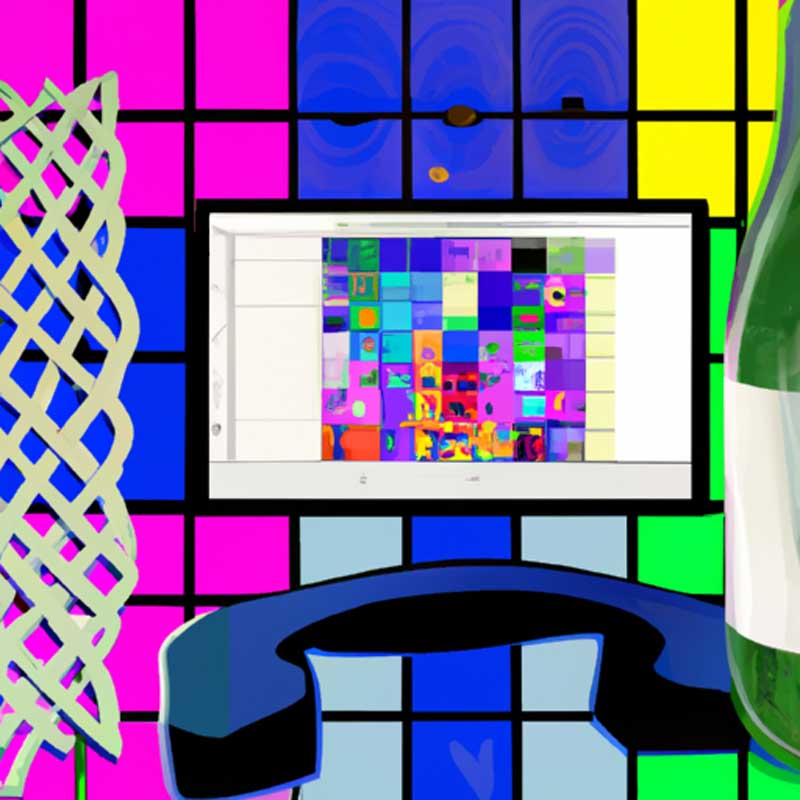TLDR:
AI-powered church services are being explored by scientists and theologians, raising questions about the integration of technology with age-old teachings. While AI can assist in tasks like Bible translation and study, there are concerns about bias and misinformation. Current reluctance among Christians to accept AI in churches highlights the gradual nature of technological adoption in religious practices.
Key Points:
- AI-led religious services are being investigated by scientists and theologians.
- Concerns exist about bias, misinformation, and the potential displacement of human connection in faith practices.
Full Article:
Artificial intelligence (AI) is making its way into the realm of religious practices, prompting a debate among scientists and theologians about the implications of integrating new technology with ancient teachings. While AI-led church services are not yet mainstream, the concept is being explored in places like Temple B’Nai Or in Morristown, New Jersey. Rabbi Michael Satz reflects on the need to adapt to technological advancements, drawing parallels to past changes within religious traditions.
Kutter Callaway, an associate professor of theology, emphasizes the importance of human guidance in interpreting AI-generated data, citing existing biases in AI algorithms. Despite concerns, AI has shown potential benefits, such as facilitating the translation of religious texts into various languages. Rabbi Geoff Mitelman highlights AI’s capacity to aid in study and sermon preparation by quickly identifying textual connections, though caution is advised due to the risk of misinformation.
Across religions, there is apprehension about AI’s impact on interpretation, bias, and the preservation of human connection in faith practices. A poll from the Christian research group Barna reveals widespread hesitancy among Christians towards AI use in churches. Efforts to address ethical concerns surrounding AI in religious contexts include the Rome Call for AI Ethics, signed by leaders from various faith traditions.
While the potential for AI in religious settings is acknowledged, the gradual acceptance of technological advancements is highlighted by the return of individuals to in-person worship post-Zoom era. The clergy interviewed express the value of physical presence and human interaction in spiritual experiences. Despite the possibility of AI-led church services, the consensus is that human connection and physical manifestations are integral components of religious practices that cannot be easily replaced by technology.
